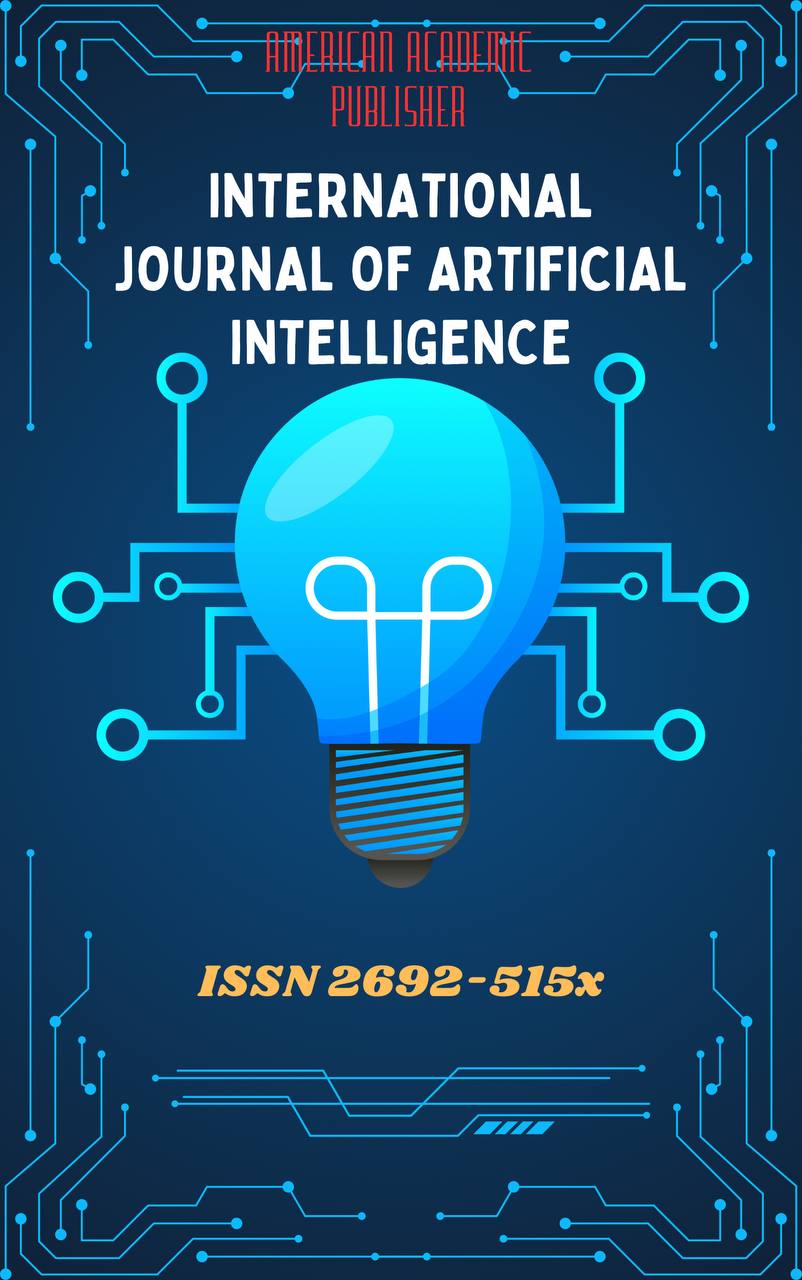 Articles
| Open Access |
Articles
| Open Access | LESSONS FROM REPRESSION: THE RELEVANCE OF POLITICAL TERROR FOR TODAY’S DEMOCRATIC SOCIETIES
Toshtemirova Raykhon Zokir kizi ,Abdurashidov Anvar Abdurashidovich , Termez State Pedagogical InstituteAbstract
This article explores the historical legacy of political repression—particularly during the totalitarian regimes of the 20th century—and its significance for modern democratic societies. By analyzing the mechanisms, impacts, and aftermath of political terror in systems such as the Soviet Union and Nazi Germany, the study identifies critical lessons about the dangers of unchecked power, ideological extremism, and the erosion of civil liberties. The paper emphasizes the importance of historical memory, rule of law, and civic education in strengthening democracy and preventing authoritarian backsliding.
Keywords
repression, totalitarianism, democracy, political memory, civil liberties, historical justice, authoritarianism
References
Arendt, H. (1951). The Origins of Totalitarianism. Harcourt.
Conquest, R. (2007). The Great Terror: A Reassessment. Pimlico.
Snyder, T. (2010). Bloodlands: Europe Between Hitler and Stalin. Basic Books.
Applebaum, A. (2020). Twilight of Democracy: The Seductive Lure of Authoritarianism. Doubleday.
Garton Ash, T. (2000). History of the Present: Essays, Sketches and Dispatches from Europe in the 1990s. Vintage.
Memorial Human Rights Center. (2022). Database of Soviet Political Repression Victims.
United Nations. (2006). Rule of Law and Transitional Justice in Conflict and Post-Conflict Societies.
OSCE/ODIHR. (2019). Teaching History of Repression and Human Rights Violations in Europe.
Article Statistics
Downloads
Copyright License

This work is licensed under a Creative Commons Attribution 4.0 International License.

